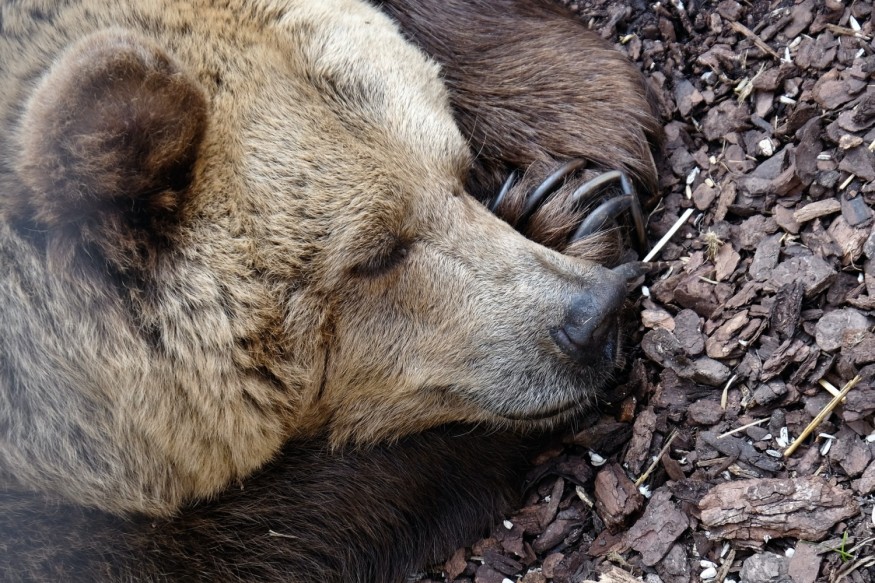Hibernation is a process that animals do during the cold season, where they store fats in their body. Hibernation plays an important role in keeping them warm during the winter. But experts fear that climate change is disrupting this natural process.
There are two main types of hibernation. One is obligatory hibernation which involves a fixed yearly rhythm. Meanwhile, facultative hibernation takes place when environmental conditions have changed. This includes when days get shorter, sudden drop in temperatures, and scarcity of food, acording to a report in Earth.com.
Effects of climate change on hibernation

Climate change has many effects on animals, including in the process of hibernation. It may prevent them from being able to build up fat in their body. Warmer summers and droughts will lead to the scarcity of food. This means that the facultative hibernation patterns will be disrupted due to the climate change happening today.
Sarah Mohr, a neuroscience graduate student at Yale said that the truest form of hibernator is the obligatory hibernator. Climate change can affect both kinds of hibernators, especially if it impacts food sources when they are awake, as per Boise state public radio.
She also stated that if they are unable to store enough food as fat, they won't be able to make fat pads and won't survive during the winter due to drought, for example, they cannot eat some vegetation that they want to consume because there isn't vegetation when they expect that vegetation.
Read more: Climate Change Has Likely Begun to Suffocate the World's Fisheries
ACS reports that scientists have already started to see animals like squirrels and bears appear from hibernation early due to warming winters. As a result, they are waking up when their food sources are not ready or scarce, and when there is more competition for food as per earth.com.
A University of Idaho master's student, Austin Alison said that the whole system of hibernating, emerging, eating lots of food for a few months, and going back to hibernation only works when it has a seasonal and predictable climate. As per Boise public radio.
Animals respond to other factors other than climate change
It is hard to say what climate change will mean for hibernating animals and each one has a very complexity of environmental web, which can be affected by other means like geography and how animals respond to those, and many other factors. It may be positive to them but negative to others.
As we can expect, climate change is wreaking havoc on hibernators. Scientific research has indicated that the increase of temperatures in the UK and beyond are causing hibernators to be active more frequently and for longer times during winter, causing them to use up vital energy.
If the cold returns and no food is around, their chances of continued existence are drastically reduced.
In the Himalayas, brown bears are not napping at all, the unbearable stress that has left them sore-headed and aggressive towards humans. As per Country Life.
We can hardly blame the animals because climate change starts with us humans and we must have to be accountable for it.
Read more: As animals vanish, the plants they spread can't keep pace with climate change
© 2025 NatureWorldNews.com All rights reserved. Do not reproduce without permission.





